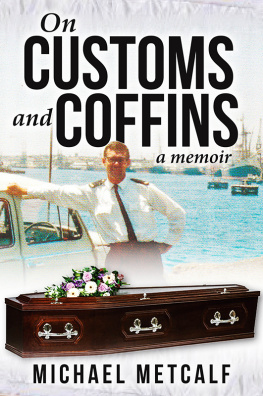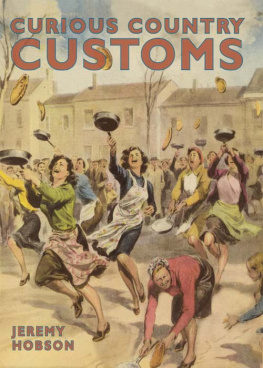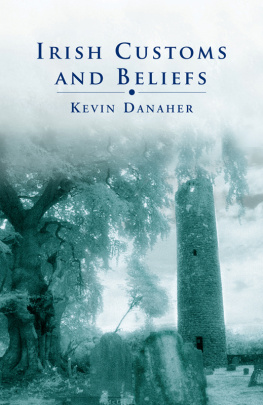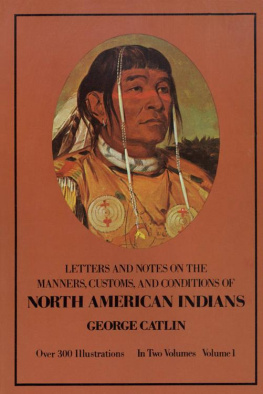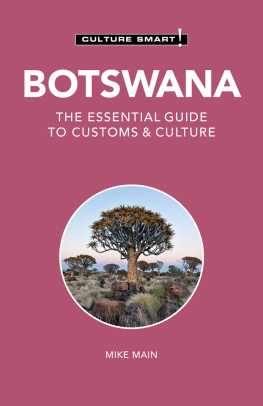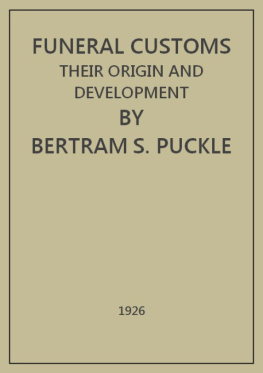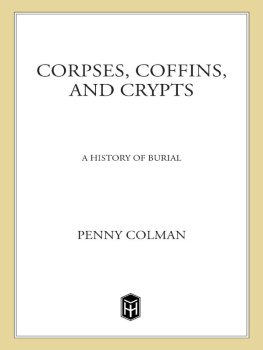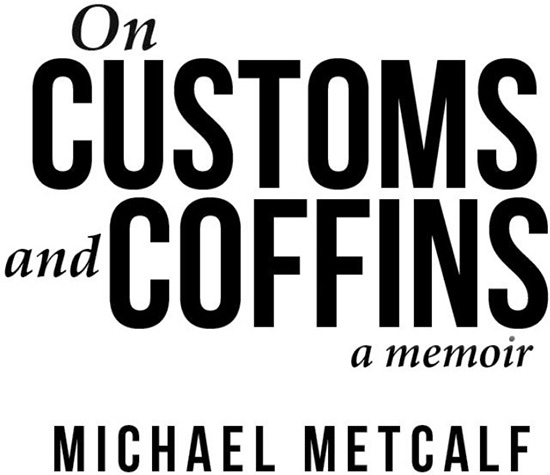
To find out more about the book
or to contact the author, please visit:
www.vividpublishing.com.au/oncustomsandcoffins
Copyright 2020 Michael Metcalf
ISBN: 978-1-922409-25-6 (eBook)
Published by Vivid Publishing
P.O. Box 948, Fremantle Western Australia 6959
www.vividpublishing.com.au
eBook conversion and distribution by Fontaine Publishing Group, Australia
www.fontaine.com.au
All rights reserved. No part of this publication may be reproduced or transmitted in any form or by any means, electronic, mechanical, printing, recording or otherwise, without the prior written permission of the copyright owner.
Prologue
You bet I was!
The alarm rang relentlessly, rudely, loudly, aggressively and did not stop until I tumbled out of bed, crossed the bedroom floor and thumped the off switch. I had given up having the clock alongside the bed. Why? Because at 4:45 am I had a tendency to switch it off, roll over, and go back to sleep!
Yes, it was 4:45 am. Yes, it was cold. Especially in what we called the bunkhouse at home where I slept. I need to drag the kerosene heater out of the house into the bunkhouse when I go to bed, I thought for the umpteenth time to my shivering self. I was going to work.
I had to be in Fremantle by 5:45 am in order to go afloat at 6 am, to board in Gage Roads the majestic P&O liner, SS Oriana. She was first porting Fremantle, out from Southampton, and had come through the Suez Canal. The Peninsula and Orient Steam Navigation Company (P&O) had launched the Oriana in 1959. She had 2000 passengers and 900 crew, and was the nicest, fastest and most comfortable passenger ship that called at Fremantle.
Once I was out of bed it was better. After all, I was being paid overtime. I rugged up in uniform, appreciating the warm overcoat, headed for my little Renault 750 and managed to get it started. The choke was iffy so sometimes it took a while, but eventually it always started. From Hubert Street, East Victoria Park, I headed out on to Albany Highway, crossed over to Berwick Street, headed down to Canning Highway, then drove on direct to Fremantle.
Goodness it was black. The streetlights had been extinguished at 1:15 am. They always were. There was nary another car on the road, just a few odd lights on here and there. Not much happened in Perth after midnight and before sunrise in 1962!
I arrived in Fremantle, parked the car on the wharf and entered the customs house to sign on. I checked what duties I was on and then, with twenty or so of my fellow customs officers, walked across to the Victoria Quay B-shed landing to board the Lady Mitchell.
The Lady Mitchell was an 18-metre vessel used to take large parties of customs and immigration officials out to passenger ships. The conditions were ideal for boarding, and we were to sail out to Gage Roads to meet and board Oriana. As we cleared the harbour and turned north, dawn was breaking. Orianas lights were visible coming over the horizon as she came to meet us at the boarding station at Fairway Buoy, located a few kilometres off Cottesloe Beach. P&O were always reliable, always on time. Oriana did, after all, carry the royal mail. Today, happily, it was fine, with just a bit of wind. It was the kind of morning when you thought to yourself, as you gazed out towards Rottnest Island to the west, or back to Australia, to the east: Theres nowhere else I would rather be.
It wasnt always like that. Sometimes Lady Mitchell was crashing through waves and wind and rain. We always travelled standing out on deck. All weathers it was just the done thing. And truthfully, it was better out there than it was stuck inside the accommodation. But today, boarding Oriana would be relatively straightforward.
We approached on her port side, circling around so we could nestle up against her alongside the gunport, through which we were boarding. This was really just a large doorway. The sea was calm because as always happens, Oriana provided us with a lee. We were on the calm side of the ship, and were protected from the waves normally sloshing down each side of the ship. These waves would have made Lady Mitchell rise and fall a metre or two, and made our job a lot more difficult. But on the lee side of Oriana, Lady Mitchell was steady and motionless. There was a short climb up the rope ladder, then we swung through the doorway to find that we were next to the kitchens, and were immediately enveloped by the evocative smells and sounds of food preparation. It could have been the curries for lunch, or just plain old English breakfast.
But we had work to do.
We followed the leader up several decks to the spacious lounge area, and started to set ourselves up to stamp the passports of the 2000 or so passengers who were either returning Aussie travellers, or Poms and other nationalities wanting to come to Australia to start a new life. (There werent many black people, though. The White Australia policy was still alive and well!) But I didnt stamp passports. I was not yet trained for that. I was part of the team that collected the passenger cards after processing, and ticked their name off the ships passenger list. The passenger cards were completed and handed in by each passenger when their passport was stamped. It was simple work, but it was wise not to miss anyone who had been through because this would result in the ships pursers madly running around trying to find the missing passenger, while the ship waited to start the day in port with its gangway still closed. When this happened, the passenger would eventually rock up, show his stamped passport, and all eyes would turn to us who were supposed to tick it off.
And then, after it was all finished, we might get a quick cup of white coffee and one of the famous P&O bacon and egg rolls.
I was nineteen years of age. I was doing interesting work no other nineteen-year-old in Australia was doing
Was I enjoying myself immensely?
You bet I was!
Part One
What does a customs officer do?
Its amazing how a simple incident can change your life in the most incredible way. I can blame one man for the fact that I became a customs officer. His name was Colin Bungate, and I am eternally grateful to him.
I left Christian Brothers College, 1 St Georges Terrace, Perth, the site now occupied by the multi-storey Duxton Hotel, at the tender age of fourteen and a half. It was the end of 1957, and I had completed just two years of high school. I had done well in my first year, taught by Brother Geoffrey Seaman with whom I stayed in touch, and whose funeral I attended sixty-two years later. But I bombed out terribly in second year with Brothers Doyle and Molloy. Needless to say, I didnt go to their funerals!
The plan, hatched by my elder brother John, and my parents, was for me to leave school, get a job in the Post Master General (PMG)s Department, and attend night school so I could pass the Commonwealth Third Division Clerical Exam. The Commonwealth Public Service was divided into third and fourth divisions. Fourth division was limited in its promotional path but in third division you could go to the top, which appealed to me. I followed the plan to the letter, (except the going to the top part!) and it took me three years. In that first year, 1958, I was at age fifteen, too young to sit the exam. In the second year I passed English. During the third year I got serious, and started going to Miss Flynns private classes. Miss Flynn charged hefty fees and made you work. Really work. When I sat the exam for the second time, I passed it, and from the many hundreds who sat for it, achieved equal third place in the state. This, I must confess, was more a reflection of the level of the other candidates, than of my intellectual prowess, but dont tell them that! At the level of those placements, though, I was in good company, and I dont know whether it helped me get into customs, but it couldnt have done any harm.
Next page
